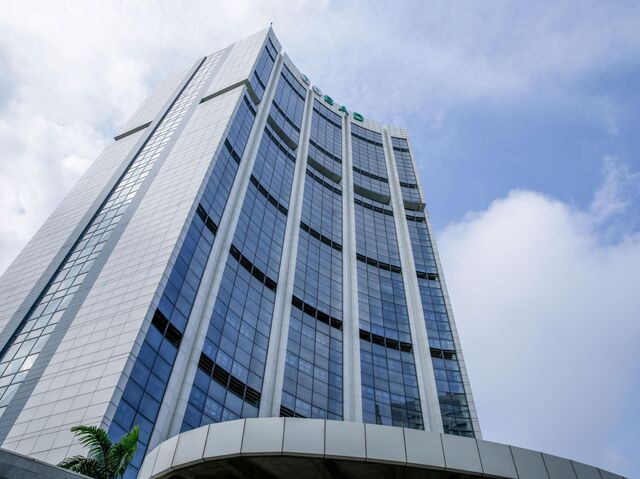The African Development Bank (AfDB) will spearhead efforts to mobilize $7.8 billion (approximately Ksh. 1 trillion) for the construction of a new international airport in Ethiopia, set to be the largest on the African continent.
In a statement released late Thursday, the bank described its appointment as lead arranger as a recognition of its “catalytic role in advancing strategic infrastructure across the continent” and its “proven leadership in structuring complex transactions.” The AfDB will coordinate financing from multiple creditors to supplement Ethiopian Airlines’ own investment in the project.
The state-owned carrier signed an agreement for the design of the four-runway facility near Bishoftu, a town located about 45 kilometers southeast of the capital, Addis Ababa. The mega airport is scheduled for completion in 2029 and will boast the capacity to handle 100 million passengers annually quadruple the current throughput at Bole Addis Ababa International Airport.
Ethiopian Airlines Chief Executive Officer Mesfin Tasew, while presenting the airline’s financial results on Tuesday, revealed that the airport’s total cost is estimated at $10 billion. The airline will provide 20% of the funding, with the remainder to be sourced from creditors through the AfDB-led financing initiative.
The project comes as Bole International currently the airline’s main hub and one of Africa’s busiest airports nears its operational limit of 25 million passengers per year. The new Bishoftu facility is expected not only to ease congestion but also to cement Ethiopia’s position as a key aviation gateway linking Africa with the rest of the world.
A formal signing ceremony is scheduled for Monday in Addis Ababa, to be attended by AfDB President Dr. Akinwumi Adesina and Ethiopian Prime Minister Abiy Ahmed.
Ethiopia’s investment in the new airport aligns with the country’s broader vision to boost trade, tourism, and connectivity, leveraging its flag carrier’s status as Africa’s largest airline by passenger numbers and destinations served. With global air travel demand on the rise, the Bishoftu airport is poised to become a major strategic asset, reinforcing the nation’s role in the continent’s aviation future.

